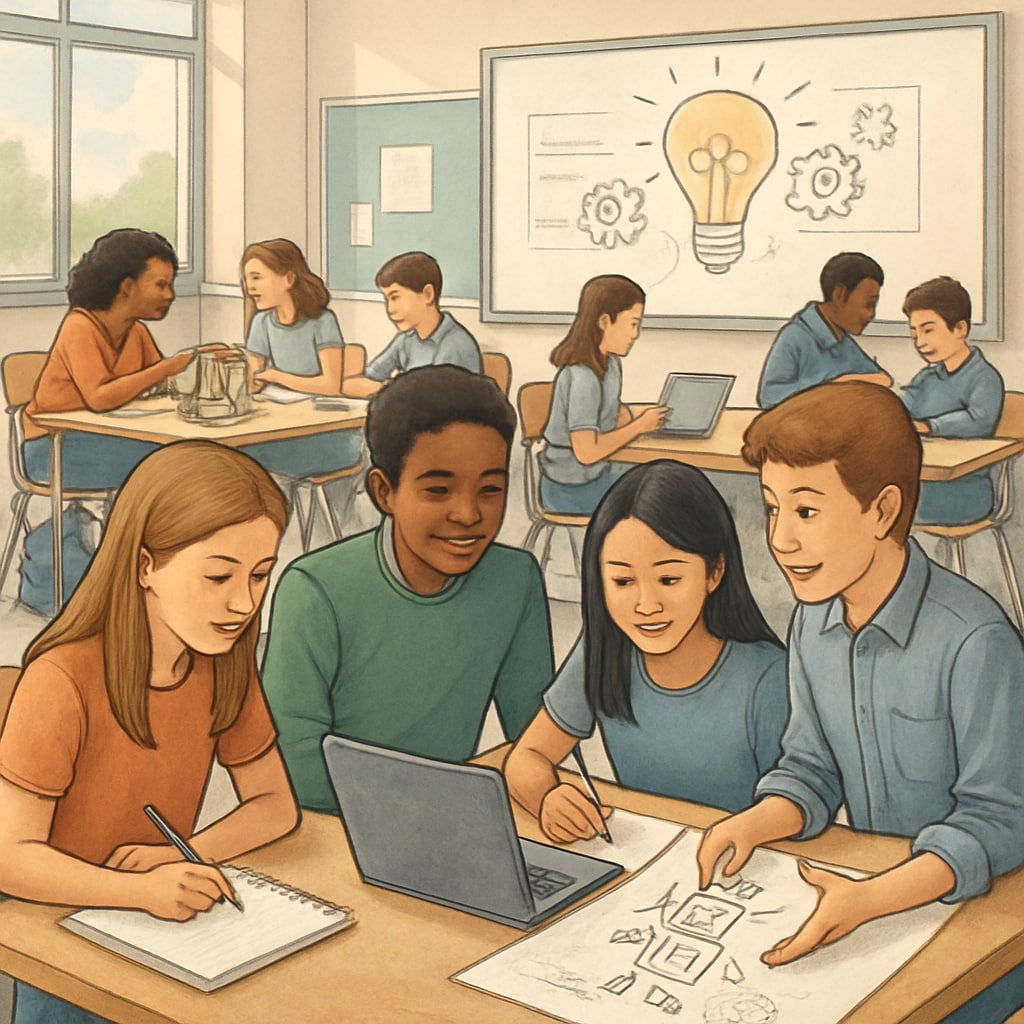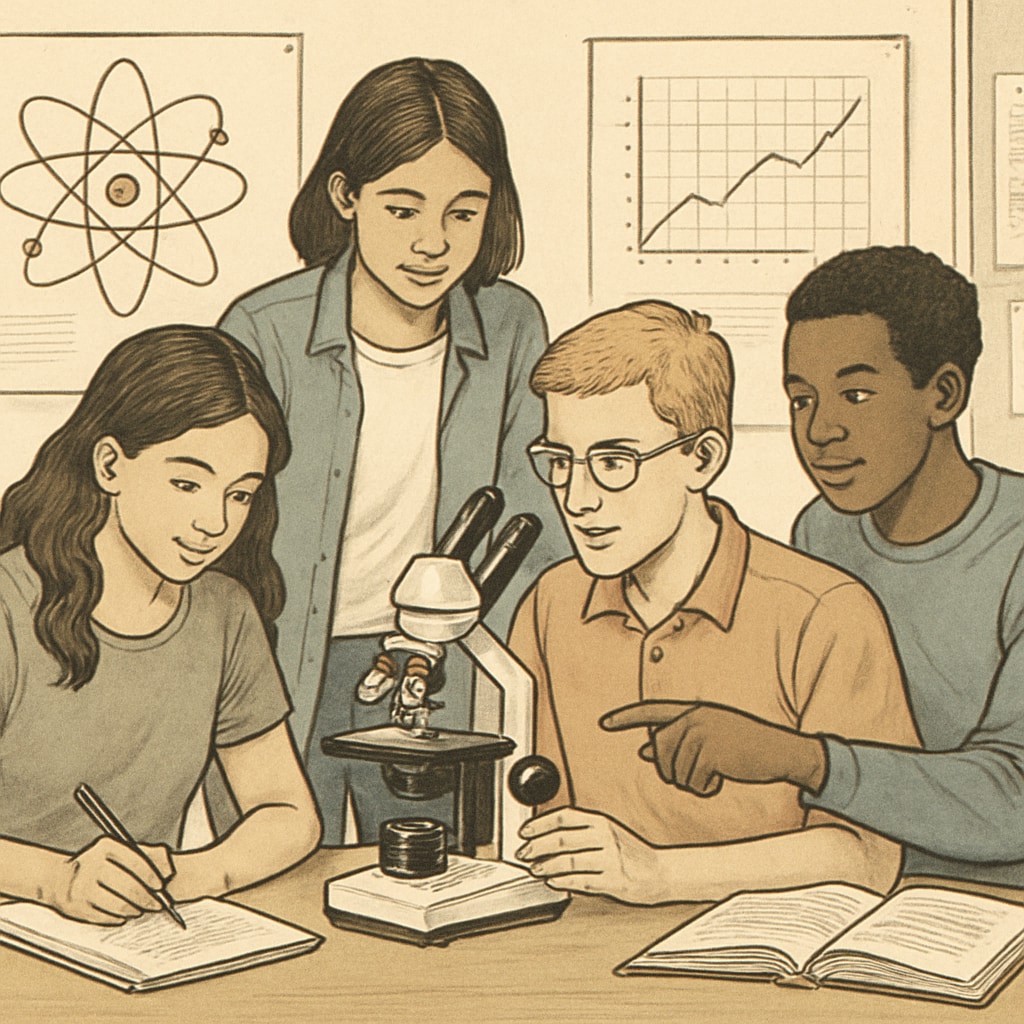Artificial intelligence (AI) is transforming education, posing significant challenges to traditional competitive exams and talent selection mechanisms. As AI becomes more integrated into daily life, it is reshaping how we assess skills and knowledge, prompting educators and policymakers to rethink outdated evaluation systems. This article examines the limitations of traditional exams in the AI era and explores how education can adapt to foster creativity, problem-solving, and adaptability in future generations.
Rethinking Traditional Competitive Exams
Traditional competitive exams have long been the cornerstone of educational systems worldwide. Designed to measure rote memorization and standardized knowledge, these assessments often overlook critical skills such as creativity, emotional intelligence, and real-world problem-solving. As AI technologies like ChatGPT and automated systems gain the ability to perform tasks traditionally associated with human intelligence, the relevance of these exams comes into question.
For example, AI tools can now generate high-quality essays, solve complex mathematical problems, and even simulate human-like conversations. This raises concerns about the authenticity of students’ work and whether traditional exams can accurately reflect their abilities. As a result, educators are increasingly exploring alternative methods of assessment, such as project-based evaluations and collaborative learning models.

Embracing Creativity and Adaptability
In the AI era, creativity and adaptability are becoming essential skills for success. Unlike traditional exams that focus on fixed answers, future educational systems must emphasize open-ended problem-solving and innovative thinking. The ability to adapt to new technologies and environments is particularly crucial, as AI continues to disrupt industries ranging from healthcare to finance.
To achieve this, educational institutions must prioritize experiential learning and interdisciplinary approaches. For instance, programs that combine science, technology, engineering, arts, and mathematics (STEAM) can encourage students to think creatively while applying their knowledge in practical contexts. Additionally, assessments should focus on evaluating students’ ability to collaborate, think critically, and innovate.

Challenges and Opportunities for Talent Selection
One of the most pressing challenges in transitioning from traditional exams to modern assessment models is ensuring fairness and inclusivity. AI-powered tools must be carefully designed to avoid biases and ensure equitable opportunities for all students. Moreover, the integration of AI into education opens up opportunities for personalized learning, allowing students to progress at their own pace and focus on their unique strengths.
For example, adaptive learning platforms can analyze individual performance to recommend tailored exercises, helping students overcome weaknesses and build on their strengths. However, implementing such systems requires significant investment in technology infrastructure and teacher training. Policymakers must also address concerns regarding data privacy and the ethical use of AI in education.
As a result, the education sector must strike a balance between leveraging AI’s capabilities and maintaining human oversight to ensure assessments remain meaningful and reliable.
Conclusion: Paving the Way for Educational Transformation
The rise of artificial intelligence presents both challenges and opportunities for traditional competitive exams and talent selection. While AI exposes the limitations of outdated evaluation systems, it also offers tools to create more dynamic, inclusive, and future-oriented approaches to education.
By focusing on creativity, adaptability, and real-world problem-solving, educators can prepare students for an AI-driven future. It is essential for policymakers, institutions, and educators to collaborate in developing innovative assessment models that nurture the skills needed to thrive in a rapidly changing world.
Ultimately, the AI era calls for a transformation in education, moving beyond traditional exams to unlock the full potential of future generations.
External References:
Artificial Intelligence on Wikipedia
Education Overview on Britannica


